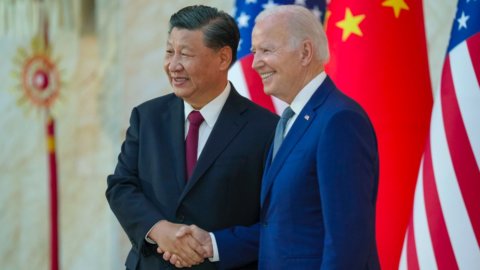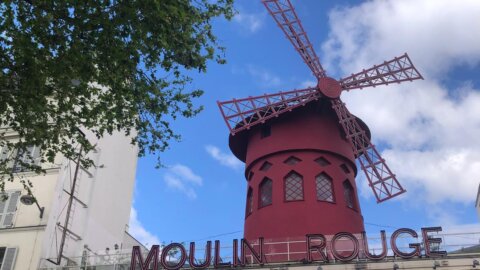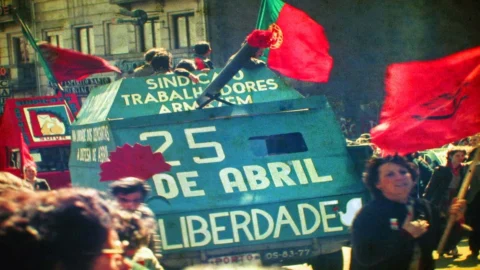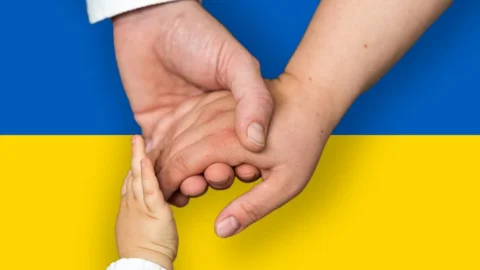Vladimir Putin reacts to sanctions and triggers the rebound of the ruble. The Kremlin number one announced that Russia will no longer accept payments in dollars or euros for gas supplies to European Union countries. Putin also gave the Russian authorities - the government and the central bank - a week to organize the new payment system based solely on the ruble from a technical point of view.
Putin's words on the ruble
"I have decided to introduce a series of measures to switch to payment in rubles for our gas delivered to hostile countries and to give up all currencies that have been compromised," the Russian president said.
However, Putin assured that the supply contracts will be respected: "We will continue to supply natural gas on the basis of the volumes, prices and pricing principles set in the previously concluded contracts".
The surge of the ruble against the euro and the dollar
These words produced an immediate effect on the foreign exchange market, where the ruble soared dramatically: the exchange rate with the euro quickly went from 112 to 107, before settling at 108,50, while the exchange rate between the dollar and ruble slipped from 103 to 97,75, before recovering to 100,25.
The repercussions on the price of gas
At the same time, the price of gas also returned to racing in Europe, reaching a peak for the day at 118,75 euros per megawatt hour. In the following minutes, the price stabilized just below 116 euros, however showing a rise of 16,6% compared to Tuesday's closing.
The decisions of the European Commission on gas
Meanwhile, just today the European Commission took some decisions to guarantee gas supplies for next winter. The package includes several measures:
- interventions on gas storage;
- the possibility of creating a joint task force for gas purchases on the international market was considered, following the example of what has already been tested for vaccines against Covid;
- the option of capping the price of gas is also on the table;
- finally, in Brussels there was talk of possible solutions to limit the driving effect of the wholesale gas price on the electricity bills paid by citizens and businesses.





